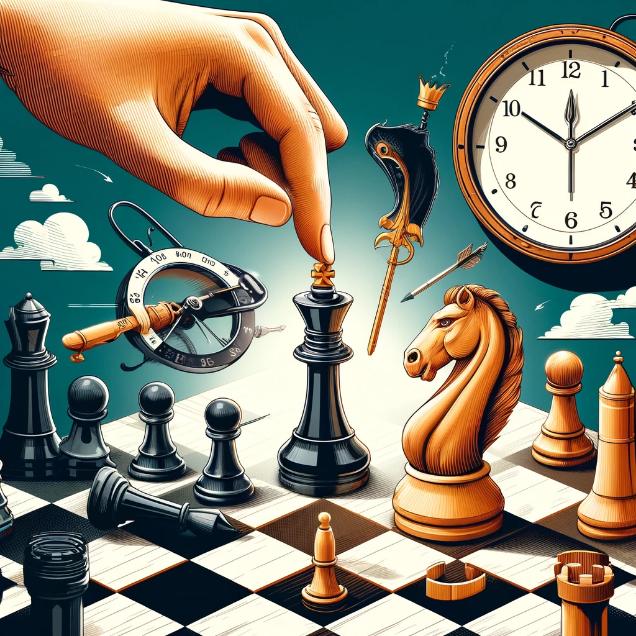Section 1: Understanding the Importance of Training in Chess
Chess is a game of strategy, patience, and skill. To become a successful player, one must have a thorough understanding of the game´s rules and principles, as well as a strong ability to anticipate and plan ahead. However, knowledge and natural talent alone are not enough to reach the top levels of chess. To truly excel, training and practice are crucial. In this first section, we will discuss the importance of training in chess and the benefits it can bring to your overall performance.
Another important aspect of training in chess is that it helps to build your knowledge base. The more you practice, the more you will be exposed to different chess openings, strategies, and tactics. This not only makes you a more well-rounded player, but it also allows you to better understand the strengths and weaknesses of your opponents. Additionally, being knowledgeable about various openings and strategies can give you an edge in competitive games.
Lastly, training in chess can also greatly enhance your mental toughness and concentration. Chess is a mentally demanding game that requires a great deal of focus and concentration. By training regularly, you can build mental stamina and learn to maintain your focus for longer periods. This is especially important in long tournament games where you may be playing for several hours. Regular training can also help you to cope with the pressure of high-level tournaments and maintain your composure in high-stress situations.
Section 2: Setting Goals and Creating a Training Plan
Now that we understand the importance of training in chess, the next step is to figure out how to optimize our training for maximum results. The first step in this process is to set specific goals for your chess training. These goals can vary depending on your skill level, but some examples could be to improve your tactical skills, increase your opening repertoire, or work on your endgame technique. By setting clear and measurable goals, you have a direction for your training and can track your progress.
Additionally, it is important to regularly review and adjust your training plan as needed. As you progress and improve, your training needs may change. It is important to regularly assess your progress and make necessary adjustments to your plan to continue challenging yourself and reaching your goals.
Section 3: Utilizing Resources for Effective Training
In today´s digital age, there are countless resources available for chess training. These resources can include books, online courses, chess software, and even chess apps for your phone. It is important to utilize these resources to your advantage and find what best suits your learning style and training goals.
Chess software, such as ChessBase or Chess.com, can also be an integral part of your training. These programs allow you to analyze your games, practice tactics, and play against computer opponents at different difficulty levels. Similarly, chess apps, like Chess Tactics Pro or CT Art, can provide quick daily puzzles and challenges to help sharpen your tactical skills. It is important to research and experiment with different resources to see what works best for you.
Section 4: The Importance of Analyzing Your Games
One of the most crucial aspects of training in chess is analyzing your own games. This involves going over your moves and decisions to understand what went well and what could have been improved. Game analysis allows you to identify patterns in your playing, recognize any recurring mistakes, and make adjustments to your game in future matches.
Section 5: Staying Motivated and Consistent with Training
Consistency is key when it comes to training in chess. It is important to develop a consistent training routine and stick to it. However, it is also important to remember that training can become monotonous if you do not mix things up. It is crucial to stay motivated and engaged in your training to avoid burnout.
In conclusion, optimizing your chess training for maximum results involves understanding the importance of training, setting goals and creating a training plan, utilizing available resources, regularly analyzing your games, and staying motivated and consistent. By following these guidelines, you can enhance your chess skills and reach your full potential as a player. Remember, chess is a journey, and consistent training and hard work are the keys to success.


